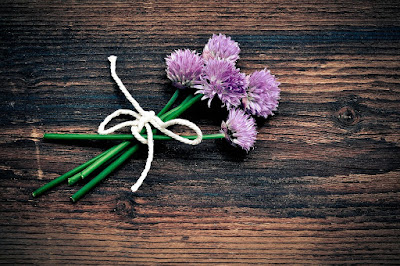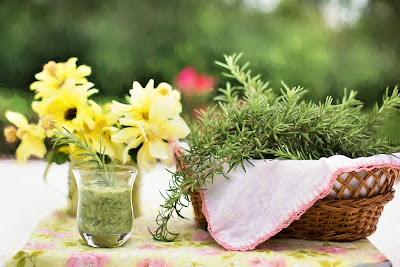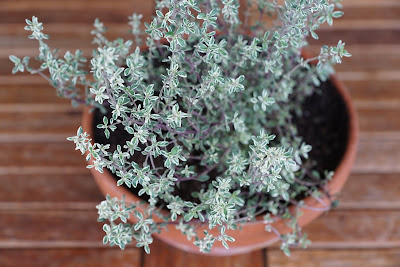Winter is a great time to plan an indoor herb garden so you can continue enjoying those fresh aromatic flavors in your meals all season long. The most important thing you need for indoor herb plants to grow in winter is plenty of sunlight. Try to find a spot that will get sun for at least 4 hours every day if possible. When it comes to growing herbs indoors, there are definitely some that are more winter-friendly than others.
Winter-Friendly Herbs To Consider For Your Indoor Garden
Chives
Chives are one of the most resilient herbs to grow inside all year long. Plus, they add a wonderful mild onion flavor to winter meals. They need about 4 or more hours of sun, and can do just fine in average room temperatures. Use an all-purpose soil mix for chives, and water when the soil feels dry to touch. The tips of the plant leaves will turn yellow if the soil gets too dry.
Use your fresh grown chives in cream-based soups, omelettes, salads, and as a garnish over cut up broiled potatoes.
Rosemary actually prefers a little dryness, but be careful to not let the soil dry out completely. Allow the top 2 inches of soil to get dry, then water the plant thoroughly, but do not let the soil become soggy.
Use your fresh grown chives in cream-based soups, omelettes, salads, and as a garnish over cut up broiled potatoes.
Rosemary
Rosemary is a wonderful herb to have on hand, but it is a bit more challenging to grow indoors than some other herbs. It needs at least 6-8 hours of sun daily - if you have a sunny south or west-facing window, that is a perfect spot for this plant. Another option is to place a lamp with a fluorescent light bulb as close as possible to the plant to supplement the sunlight. Try to leave the lamp on 12-14 hours a day.
Good drainage is important for this plant to thrive. Try using a cactus-potting soil mix, or combine equal parts of all-purpose soil and sharp sand.
Thyme
When the top inch of soil feels dry to the touch, water thoroughly. Make sure the plant container has excellent drainage. Never let your thyme plant sit in water that has collected in the saucer.
Parsley
Use a good all-purpose soil mix when potting Parsley. Water when the soil feels dry to the touch, probably about twice a week, making sure to not let the soil get soggy. You can also add about a handful of sand to the soil to help with drainage.
Parsley adds a nice flavorful touch to almost any food, especially rice, chicken, fish and roasts.
Terra Cotta pots will provide the best drainage for herb plants.
Make sure all containers have drainage holes in them.
Herbs need circulation to thrive. Try putting the pots on a tray with pebbles so air can circulate up through the drainage holes.
Some extra tips for indoor herb gardening:
Terra Cotta pots will provide the best drainage for herb plants.
Make sure all containers have drainage holes in them.
Herbs need circulation to thrive. Try putting the pots on a tray with pebbles so air can circulate up through the drainage holes.





